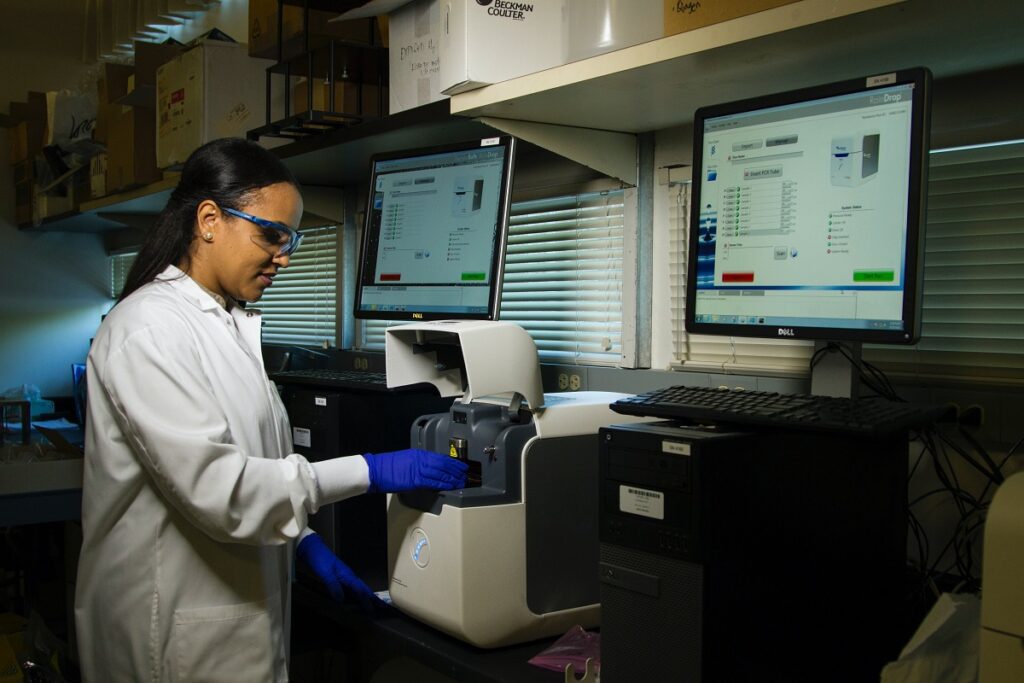Throughout their education, girls and women are systematically steered away from science and math, restricting their access, preparedness, and opportunities to pursue these disciplines as adults. Today’s 7th International Day of Women and Girls in Science Assembly seeks to change that.
According to the UN, a significant global gender gap persists at all levels of the science, technology, engineering, and mathematics (STEM) fields. Women remain underrepresented in these disciplines, even though they have achieved high levels of participation in higher education.
With the motto “Equity, Diversity, and Inclusion: Water Unites Us,” today’s assembly “recognizes the role of women and girls in science as not only beneficiaries but also agents of change, for example in accelerating the achievement of UN Sustainable Development Goal 6 (clean water and sanitation).”
A UNESCO report highlights that, in 2018, only around 33% of all researchers were women. And although in some scientific fields they have achieved parity with men, women still only make up around 28% of tertiary graduates in engineering and 40% of those in computer sciences. The number of women who work in AI is even lower, at only 22%.
To overcome the gap, the UN has included gender equality as one of their 17 goals of the 2030 Agenda for Sustainable Development, explaining that “gender equality is not only a fundamental human right but a necessary foundation for a peaceful, prosperous and sustainable world.”
BIO podcast highlights diversity challenges and solutions
The lack of diversity in the STEM fields has been especially evident during the COVID pandemic, with women and students from marginalized groups being left out of these fields, said guests of an I am BIO Podcast that looks at challenges and solutions regarding gender imbalance in the STEM fields.
Jo Webber, CEO of STEMconnector, says during the podcast that, even though 52% of the American population is female, only 29% of women hold STEM positions.
Jennifer Colvin tells the podcast how her group, Learning Undefeated, seeks to address the challenge by sending mobile labs in shipping containers to schools where students can benefit from exposure to science-technology-engineering-math (STEM). “Diversity’s vital to progressing in the STEM fields, as it brings different insights and ideas to the table,” she says.




